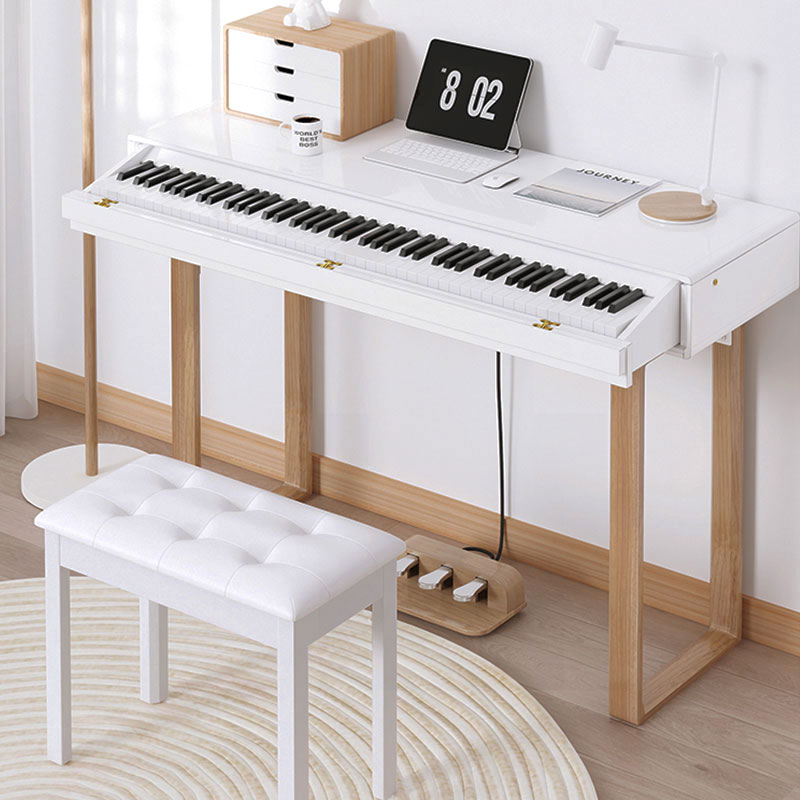Meta Description: Wondering if a digital piano is a good choice for you? Read this article to explore the benefits and drawbacks of digital pianos to make an informed decision.
Introduction: Digital pianos have gained significant popularity in recent years, but you might still be unsure if they are the right choice for your musical journey. This article aims to provide an in-depth analysis of the pros and cons of digital pianos, helping you determine whether they are a good fit for your needs.
Sound Quality: Digital pianos utilize advanced technology to reproduce the sound of an acoustic piano. While they have come a long way in replicating the rich tones of acoustic instruments, purists may argue that they still lack the depth and authenticity of a traditional piano.
Portability and Space: One significant advantage of digital pianos is their portability. Unlike acoustic pianos, which are bulky and require a dedicated space, digital pianos are compact and lightweight. They can be easily moved and stored when not in use, making them an ideal choice for those with limited space or frequent travelers.
Maintenance and Durability: Digital pianos are relatively low-maintenance compared to acoustic pianos. They do not require tuning, as the sound is produced electronically. Additionally, they are not affected by humidity or temperature changes, making them more durable in different environments.
Versatility and Features: Digital pianos offer a wide range of features and functionalities. They often come with built-in metronomes, various instrument sounds, recording capabilities, and even accompaniment features. These additional functionalities can enhance your playing experience and offer endless possibilities for experimentation.
Cost: In terms of pricing, digital pianos tend to be more affordable than acoustic pianos. While high-end digital pianos can still be expensive, they offer a cost-effective alternative to acoustic instruments, especially for beginners or casual players.
Key Action and Feel: One aspect where digital pianos can fall short is the replication of the key action and feel of an acoustic piano. Although manufacturers have made significant advancements in this area, some players may find the touch of digital pianos less satisfying compared to the real thing.
Learning Tools and Connectivity: Many digital pianos come equipped with learning tools such as built-in lessons, interactive apps, and MIDI connectivity. These features can be beneficial for beginners and those seeking additional educational resources to enhance their learning process.
Conclusion: When deciding whether a digital piano is good for you, it’s essential to consider your personal preferences, budget, and specific requirements. Digital pianos offer portability, versatility, low maintenance, and cost-effectiveness. However, they may not fully replicate the sound and touch of an acoustic piano. Ultimately, the decision depends on your individual needs and goals as a musician.
Remember, trying out different models, reading reviews, and consulting with experts can help you make an informed decision and choose the best instrument that suits your playing style and musical aspirations.





